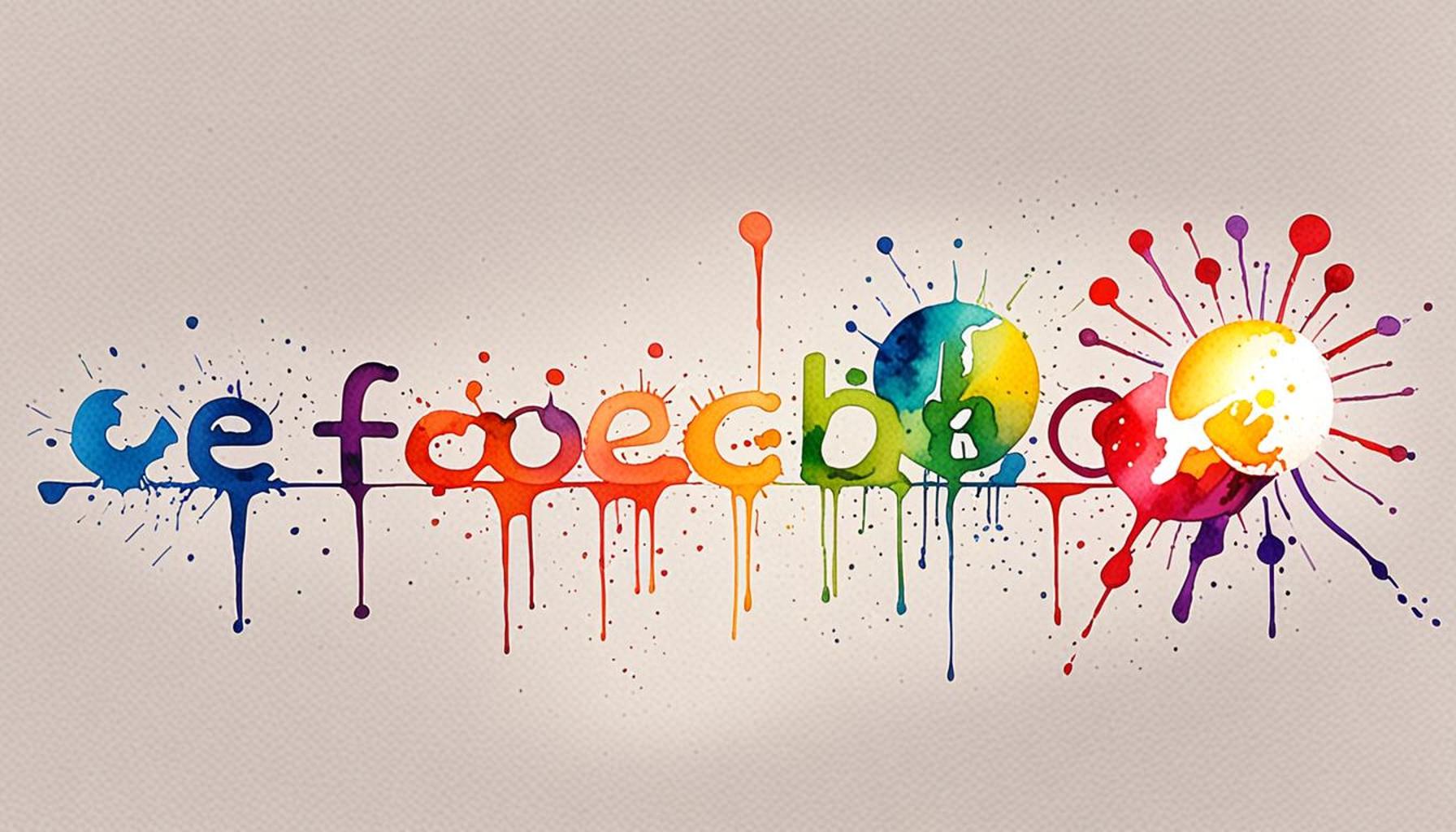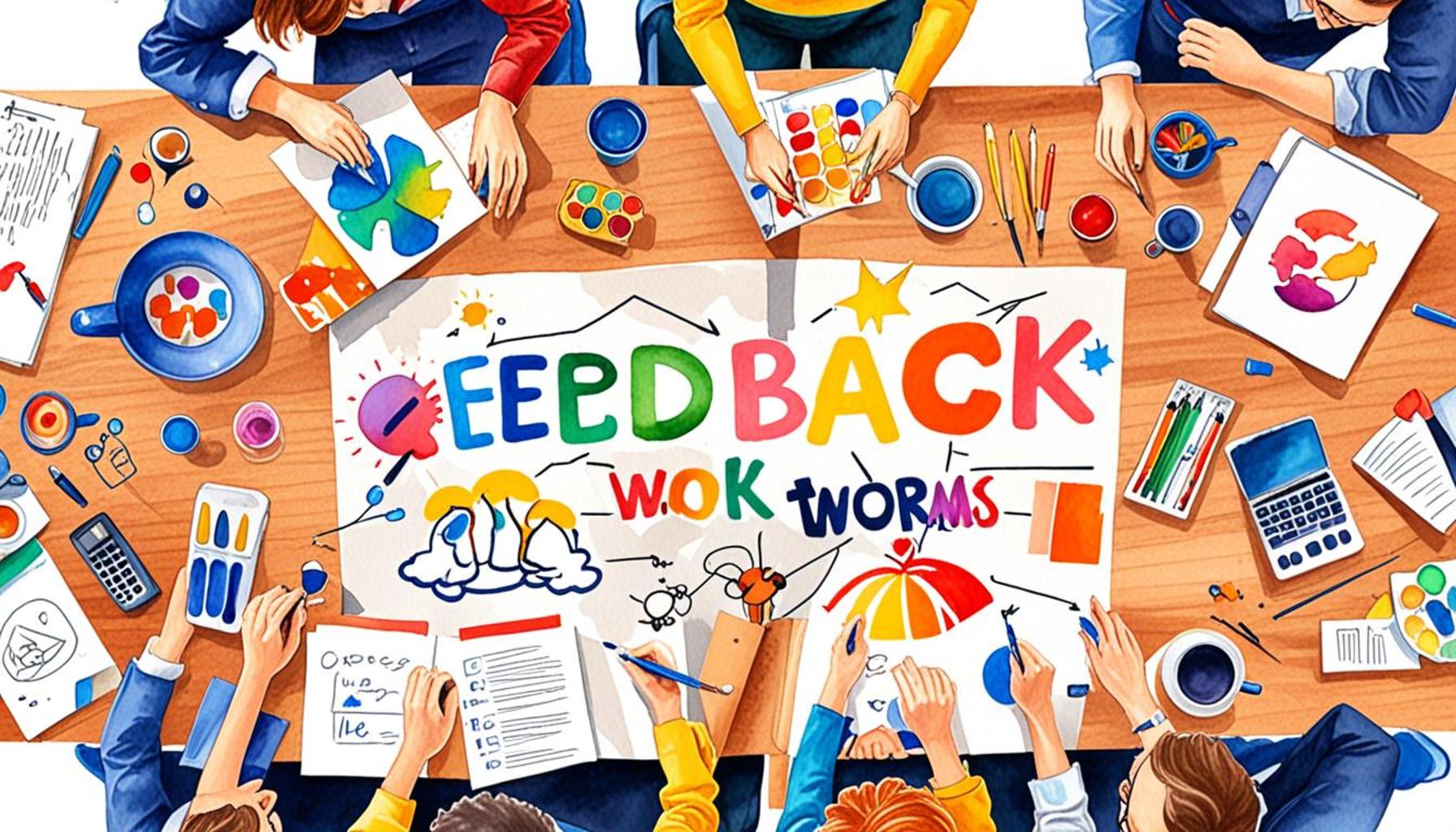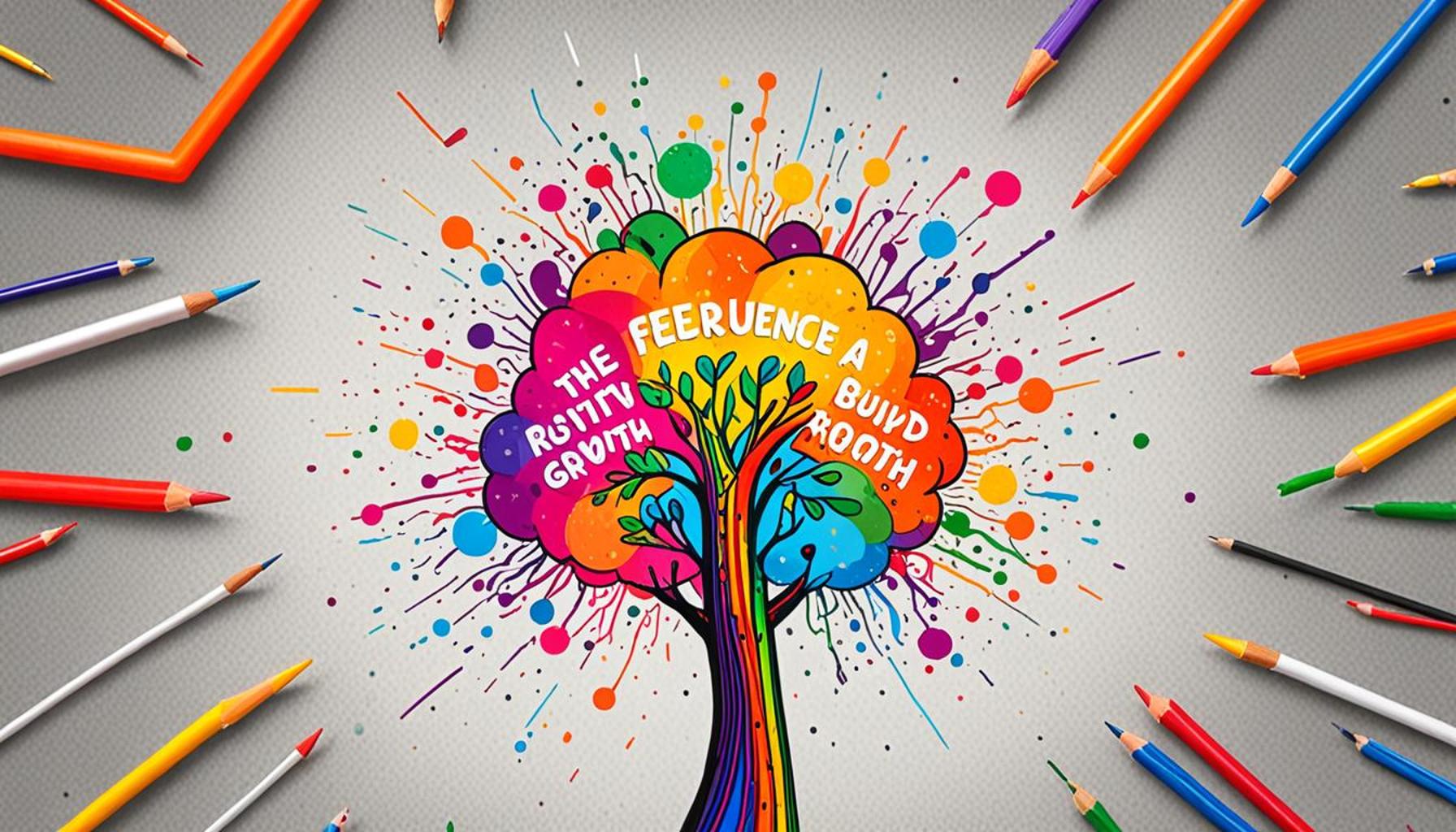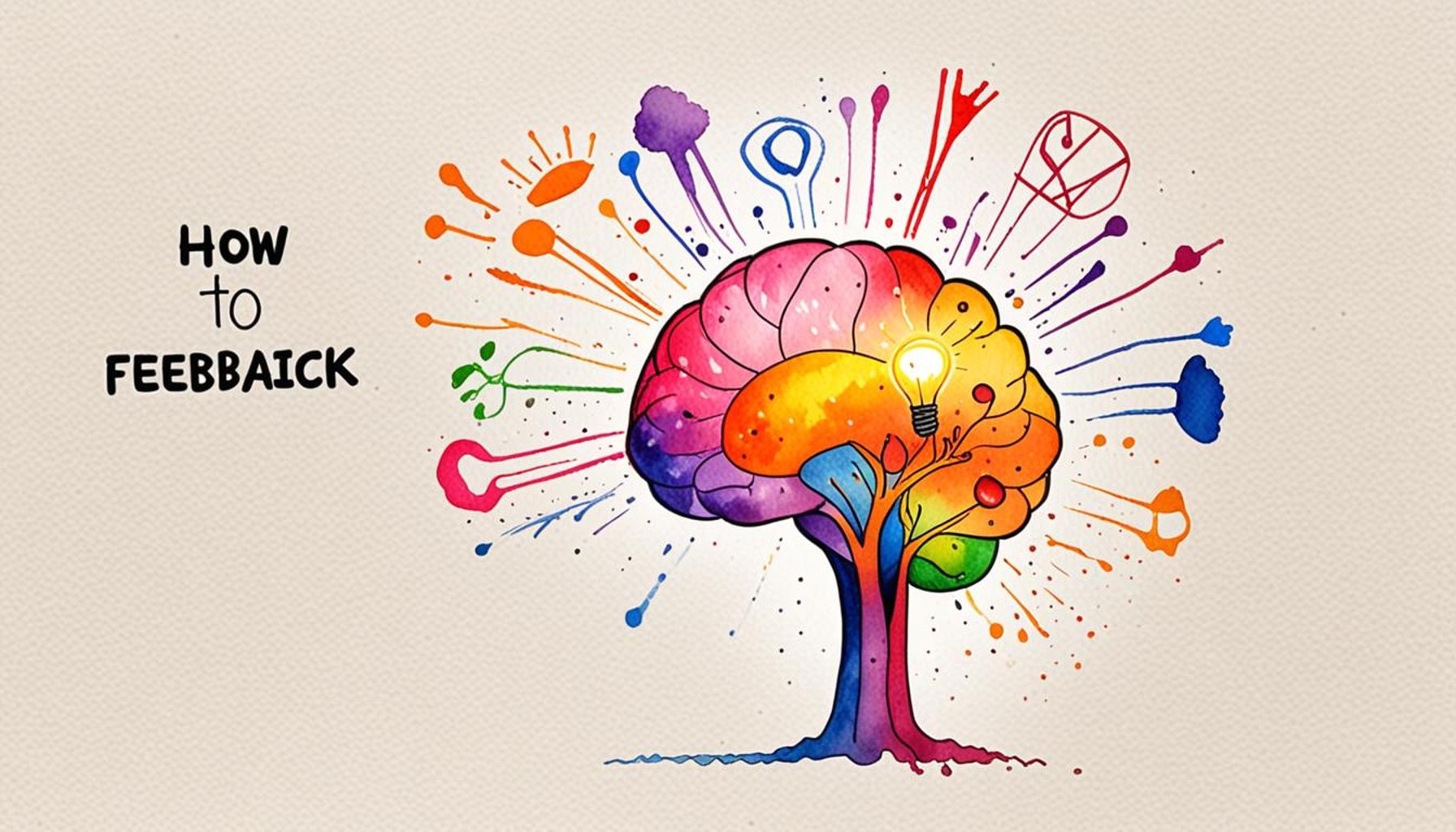Feedback and the Evolution of Creativity: Fostering Innovations Through Constructive Criticism

The Catalyst of Innovation
The intricate relationship between feedback and creativity is a driving force behind innovation. This dynamic is particularly evident in Nigeria, a nation renowned for its rich cultural heritage and burgeoning entrepreneurial spirit. As artists, entrepreneurs, and innovators strive to enhance their creations, constructive criticism helps to uncover avenues that might have otherwise gone unnoticed. This interaction is not confined to one sector; rather, it permeates diverse fields from technology startups to traditional crafts, showcasing the versatility of feedback in creative development.
Understanding the Role of Feedback
Feedback plays a multifaceted role throughout the creative journey. Here are some key functions:
- Enhancing Quality: Constructive criticism is invaluable in highlighting weaknesses within a concept, ensuring that ideas are rigorously tested before they reach the market. For example, a tech entrepreneur in Lagos may present their app idea to a focus group; the feedback could reveal usability issues that the creator had not considered, leading to a refined and more effective product.
- Expanding Perspectives: Diverse inputs are critical in providing new insights that challenge existing norms. In Nigeria’s music scene, for instance, collaboration among artists from different genres, such as Afrobeats and traditional folk, can give rise to unique sounds and innovative approaches that push boundaries.
- Encouraging Risk-Taking: Positive feedback fosters a culture where experimentation is embraced. When an artist feels supported by their peers, they are more likely to take creative risks, such as exploring unconventional styles or themes, further enriching the artistic landscape.
In Nigeria, feedback can originate from several sources including fellow creatives, industry veterans, and local communities. For instance, the vibrant film industry, known as Nollywood, thrives on collaborative input to enhance everything from script development to directorial choices. This cooperative environment not only nurtures individual creativity but also drives the collective growth of the industry.
The Impact of Constructive Criticism
Constructive criticism transcends mere flaw identification; it acts as a powerful catalyst for growth and refinement. When creators receive feedback, their initial ideas can morph into polished concepts that resonate with audiences and spark discourse. Without a steady stream of effective feedback, innovative potential risks stagnation—creators may find themselves confined within echo chambers that hinder their progress.
As we explore this crucial aspect of the creative process, we will delve into how feedback shapes creative evolution across various sectors, highlighting inspiring examples and stories of Nigerians who have harnessed feedback to achieve remarkable results. Join us on this enlightening journey to uncover the symbiotic relationship between feedback and creativity that is enriching Nigeria’s cultural and entrepreneurial fabric.

RECOMMENDED: Check out this similar article
Transformative Power of Feedback
In the realm of creativity, feedback serves as a transformative force that can elevate ideas from mere concepts to groundbreaking innovations. This process is particularly pronounced within Nigeria’s vibrant creative ecosystem, where diverse narratives and artistic expressions thrive on collaborative exchanges. However, understanding the impact of feedback requires examining its layers and implications more closely.
The Mechanisms of Creative Growth
At its core, feedback influences creative growth in several key ways:
- Refinement of Ideas: Feedback enables creators to identify specific areas for improvement, allowing ideas to evolve. For instance, designers in Abuja may seek insights from peers on their fashion collections, leading to alterations that enhance fabric choice, color combinations, or overall coherence. This iterative process not only secures a stronger market appeal but also enriches the designer’s skill set.
- Network Expansion: Receiving feedback from diverse sources broadens a creator’s network, introducing them to new opportunities. In Nigeria’s booming tech sector, a software developer may gain connections through feedback sessions that lead to potential collaborations or funding opportunities, opening doors that might have otherwise remained closed.
- Boosting Confidence: Constructive criticism provides affirmation when expressed positively, reinforcing a creator’s belief in their work. For young artists in local communities, knowing that their peers or mentors genuinely appreciate their efforts can motivate further exploration and innovation, ultimately pushing the boundaries of their art.
Navigating the feedback landscape effectively is crucial for harnessing its full benefits. This includes discerning between helpful and less constructive comments, prioritizing actionable insights, and maintaining an open mind throughout the creative process. Nigerian creatives, from poets to game developers, embody this balance, actively seeking mentorship or engaging in workshops that focus on constructive feedback. These environments foster a culture where criticism is perceived as a pathway to success rather than a deterrent.
Building a Feedback-Rich Culture
Creating an ecosystem where feedback thrives necessitates deliberate effort across various platforms. Initiatives like creative hubs and innovation incubators have emerged, specifically designed to facilitate dialogue among creators. Events such as the Lagos Startup Week provide invaluable networking opportunities where innovators can present their projects and engage in rigorous discussions about their ideas, driving mutual growth and encouraging inventive solutions.
Through such interactions, we witness a remarkable trend: the rise of a collaborative spirit that extends well beyond individual endeavors. In Nigeria, a movement towards collective storytelling in films and music reshapes narratives and helps explore social issues that matter most to the community. The resulting integrations of feedback within the creative process are leading to authentic representations of experiences and, in turn, fostering a profound connection with audiences.
As we delve deeper into the intricate dynamics of feedback in Nigerian creativity, it becomes evident that embracing constructive criticism not only enhances individual skills but also builds a resilient creative community capable of significant innovations and cultural dialogue.
| Advantage | Description |
|---|---|
| Enhanced Collaboration | Constructive criticism fosters an open environment, encouraging teamwork and pooling diverse ideas. |
| Increased Creativity | Feedback stimulates innovative thinking, enabling creators to explore new perspectives and breakthroughs. |
The theme of “Feedback and the Evolution of Creativity” reveals its rich layers when examining how constructive criticism can lead to significant innovations. Enhanced collaboration within teams, encouraged by open feedback channels, creates a synergy that can lead to groundbreaking ideas. When team members feel free to express their thoughts, the fusion of perspectives leads to enhanced creativity, allowing individual talents to shine brighter within the collaborative atmosphere.Additionally, constructive criticism acts as a catalyst for increased creativity. It pushes creators to rethink their ideas and challenge the status quo, which is crucial for the evolution of their work. The iterative process of revision and reception of feedback not only solidifies existing ideas but also opens doors to new creative avenues. This dynamic interplay can revolutionize industries, as innovations often arise from the unexpected connections made through collaborative discussions and constructive input. The ability to welcome criticism transforms the creative process, ensuring that creators evolve and remain relevant in ever-changing environments, effectively laying the groundwork for future innovations.
ADDITIONAL INSIGHTS: Expand your understanding here
The Role of Digital Platforms in Creative Feedback
In the digital age, the landscape of feedback has evolved dramatically, providing unprecedented avenues for creators to engage with audiences and peers alike. The proliferation of social media platforms and collaborative tools has transformed the way feedback is shared and received, particularly in Nigeria’s bustling creative community.
Harnessing Technology for Collaborative Innovation
Nigeria’s digital ecosystem has embraced feedback mechanisms that encourage real-time interactions. For instance, platforms like Instagram and Twitter have become breeding grounds for artistic critique. Musicians often share snippets of new tracks and actively invite comments from their followers. Such engagement not only serves to refine their music but also cultivates a loyal fan base invested in their creative journey.
This instantaneous feedback loop can significantly impact the final product. Nigerian filmmakers, for example, leverage platforms like YouTube to conduct polls or solicit opinions about storylines directly from their audience. Such practices allow them to gauge public sentiment before investing heavily in production, leading to projects that resonate more deeply with viewers.
The Significance of Online Communities
Online communities dedicated to specific creative fields further mitigate the challenges associated with traditional feedback channels. Websites like Behance and DeviantArt allow artists, graphic designers, and writers to showcase their work while receiving critiques from a global audience. This democratization of feedback is essential for emerging talents in Nigeria, as it exposes them to diverse perspectives and standards that can elevate their output.
Moreover, these platforms encourage a culture of constructive criticism. Members often learn to frame their feedback in a way that emphasizes growth rather than mere evaluation. This practice is vital for nurturing new talent; established Nigerian creatives, who mentor aspiring artists in online forums, contribute to a culture where feedback is seen as a collaborative process. By participating in such dialogues, both parties benefit, fostering a community that is rich in innovation.
Real-World Applications and Success Stories
The impact of feedback is not just theoretical—it is manifesting in successful projects that establish benchmarks within the industry. The recent surge of Nigerian literature on global platforms like Tricycle or PanAfrican Publishers demonstrates how feedback-driven iterations can significantly enhance storytelling. Writers frequently participate in workshops where their manuscripts are critiqued by editors and peers, leading to richer narratives that reflect the complexities of Nigerian life.
Furthermore, the world of fashion, which remains integral to Nigeria’s identity, has seen designers thrive on feedback from localized fashion weeks. Events such as the Arise Fashion Week allow designers to instantly receive insights about their collections, fostering a responsive atmosphere where creativity is agile and adaptable. The designs that emerge not only showcase individual flair but also reflect collective cultural dialogues, emphasizing the importance of community feedback.
In essence, the integration of feedback through digital and communal platforms is becoming a critical driving force for innovation within Nigeria’s creative economy. By capitalizing on these opportunities, creators can refine their artistic expressions and contribute meaningfully to the nation’s rich tapestry of cultural production.
CHECK OUT: Click here to explore more
Conclusion: The Transformative Power of Feedback in Creative Evolution
As we navigate through the complexities of the creative landscape, feedback emerges as a pivotal element in the evolution of creativity. The marriage of technology and community interactions has redefined how creatives, particularly in Nigeria, harness constructive criticism to foster innovation. By embracing the insights gained from digital platforms, artists, writers, filmmakers, and designers are not only refining their crafts but are also shaping narratives that resonate with broader audiences.
The impact of collaborative feedback cannot be overstated. It has democratized creativity by providing emerging talents with access to diverse perspectives, thereby elevating the standards of artistic expression. By learning to give and receive constructive criticism, Nigerian creatives cultivate a culture that celebrates growth and iterative improvement. This lessens the fear of failure and opens doors to experimentation, further driving the engine of innovation.
Looking ahead, Nigeria’s creative economy stands on the threshold of a renaissance, fueled by the power of feedback. As creators engage more deeply with their communities, sharing not only their successes but also their challenges, they foster an environment ripe for collaboration and shared learning. This virtuous cycle of feedback will not only help individuals thrive but will also enrich Nigeria’s cultural tapestry, showcasing a vibrant dialogue between tradition and modernity.
In conclusion, the evolution of creativity through feedback is not merely a trend; it is a fundamental shift that promises to shape the future of Nigeria’s artistic landscape. Embracing this transformative power will ultimately ensure that the rich narratives and unique expressions born from this feedback loop continue to flourish, captivating audiences both locally and globally.


